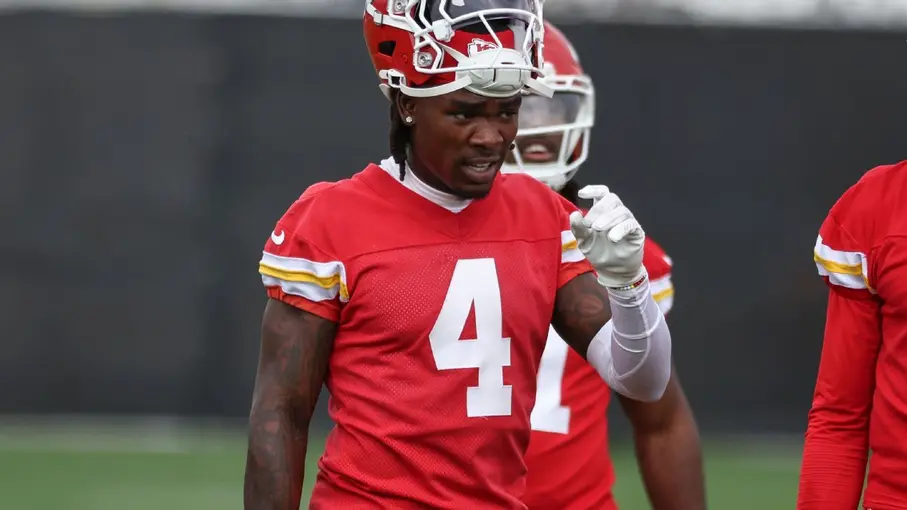T4K3.news
Rashee Rice case tests nfl discipline optics
A closer look at how the league handles sanctions and public perception around a high-profile case.
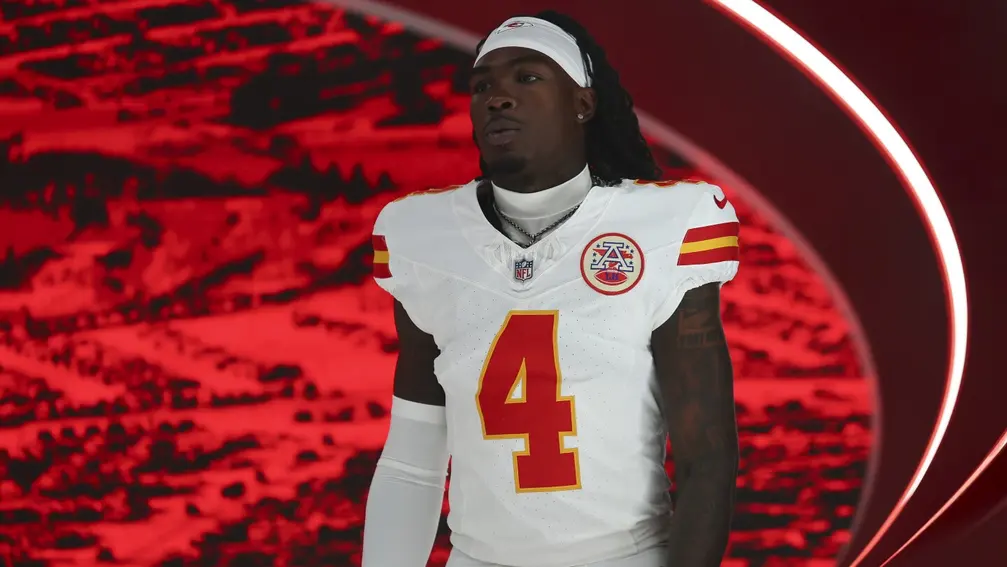
A critical look at how the Rashee Rice case exposes questions about NFL discipline practices and the league's public optics.
Rashee Rice case tests nfl discipline optics
Rashee Rice faced eight felony charges after a March 2024 street race incident. He later pleaded guilty to two felonies, receiving 30 days in jail to be served over the next five years and five years of probation. The NFL traditionally waits for the criminal case to be resolved before imposing discipline under the Personal Conduct Policy and did not place Rice on paid leave during this period, a practice that aligns with past cases but invites scrutiny in this instance.
With the disciplinary hearing postponed to September 30 and Rice remaining eligible to play until a ruling, questions have grown about timing. A comparable case involving Vikings receiver Jordan Addison resulted in a three-game suspension after a guilty plea to a DUI-related misdemeanor, a process that moved more quickly because it fell under a different policy. The difference has fed the debate about whether optics and platform influence how the league applies its rules, even if there is no proof of intentional favoritism. The system, as designed, delays final decisions until all appeals and hearings are resolved, but in Rice's case the delay has become the story itself.
Key Takeaways
"Discipline must be about the facts, not the spotlight"
A reminder that justice should stay consistent regardless of platform
"Swift, transparent decisions are the best defense against souring public trust"
Comment on importance of timely action
"Public trust rides on clear rules and timely rulings"
Observation about credibility in sports governance
Optics matter in big league sports, and this case shows how timing can feed suspicion even when facts are complex. The Chiefs are a high-profile team with a large audience, and the public may interpret a slower process as an advantage, even if the NFL says it followed standard procedure. The NFL's credibility hinges on consistency and transparency, not on whether a case is tied to a blockbuster schedule.
To restore confidence, the league could publish a clear timeline and rationale for decisions in cases like Rice's, and push for hearings earlier when possible. Finalizing suspensions before Week 1 would reduce speculation, even if the underlying charges are contested. In the end, a fair system that blends rule clarity with timely action serves players, teams, and fans better than a tense wait that invites conspiracy theories.
Highlights
- Discipline should follow the facts not the headlines
- Timing is policy in disguise
- Optics should not drive justice in the league
- Trust depends on clear rules and timely rulings
Public perception of bias in discipline process
The delay in Rice's discipline and the comparison to Addison's case could fuel public backlash and questions about fairness. The league's image depends on consistent, transparent rules; deviation can be seen as favoritism toward a high-profile team and platform, which threatens credibility and fan trust.
The league faces a credibility test that goes beyond this single case
Enjoyed this? Let your friends know!
Related News
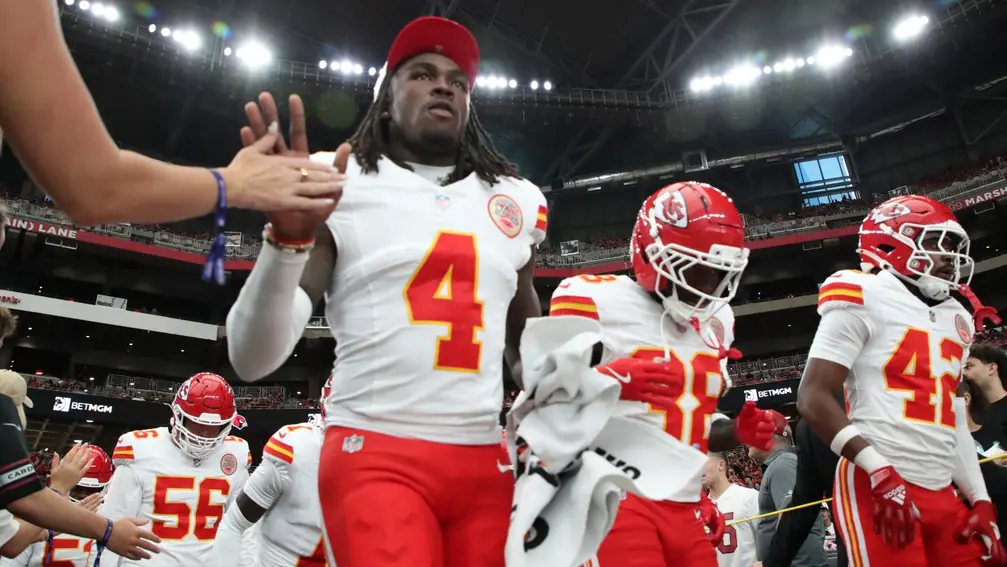
Rashee Rice hearing set before Judge Sue L Robinson
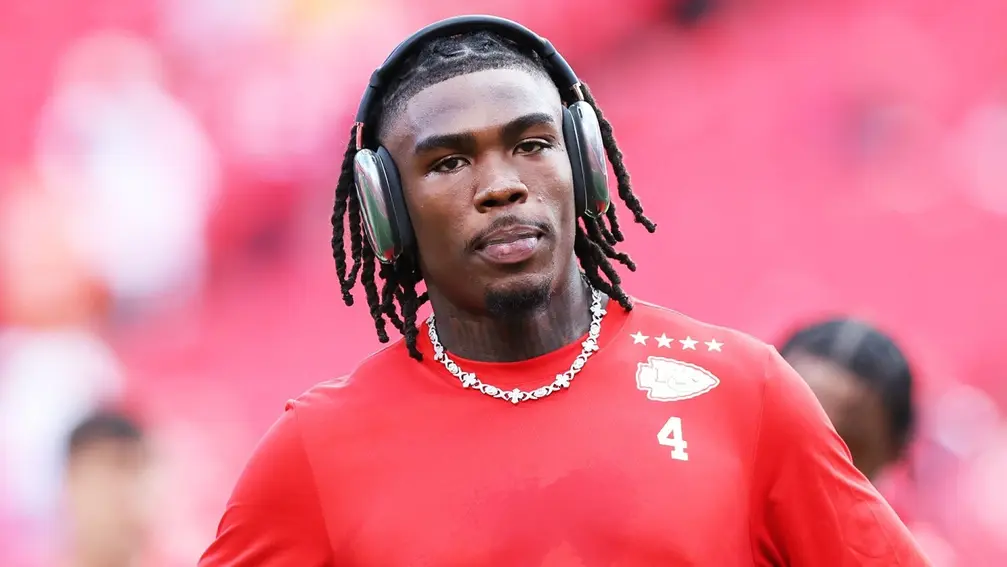
Rashee Rice hearing set for September 30
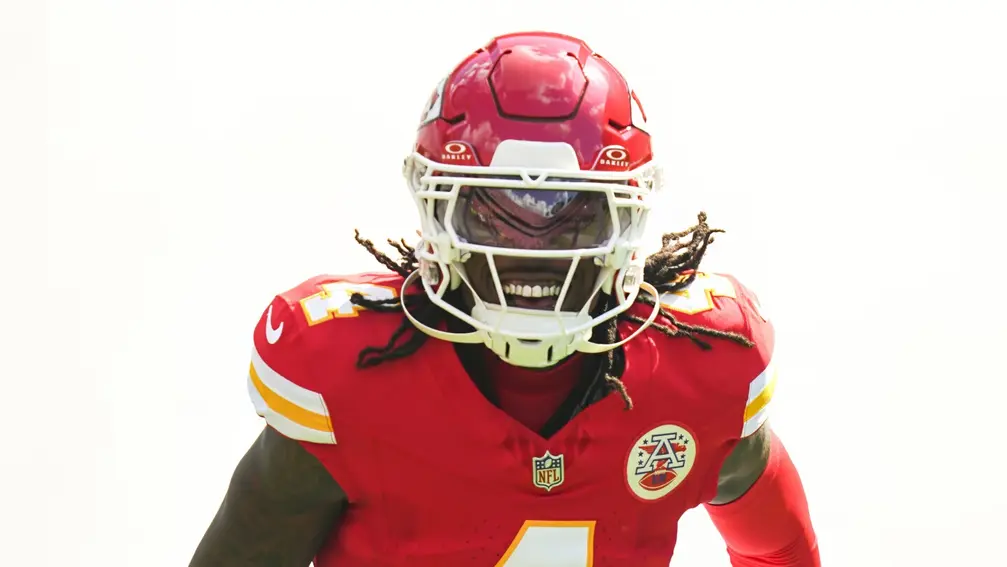
NFL faces tough call on Rice suspension
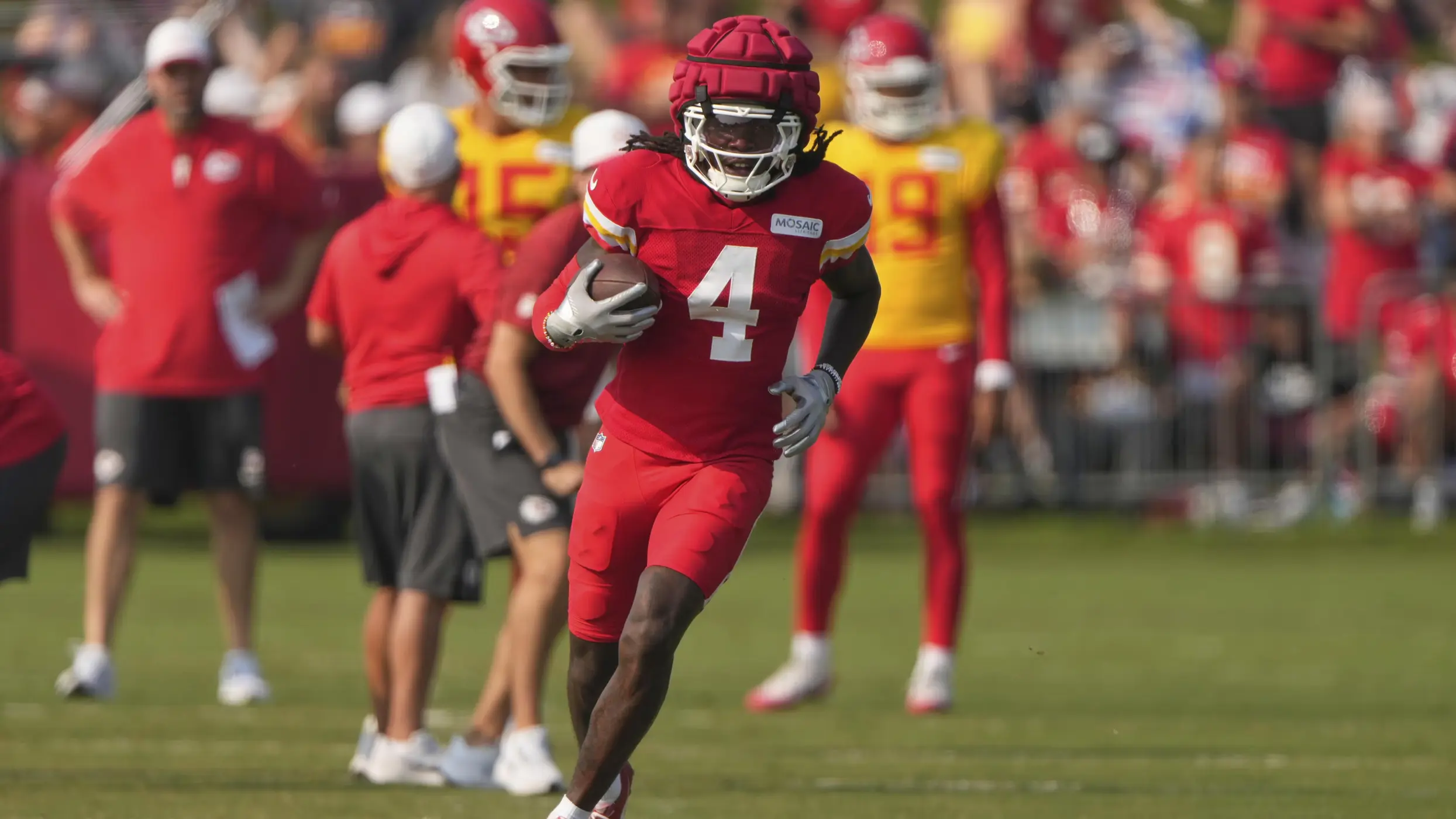
Chiefs Rashee Rice to Play Four Games Before Hearing
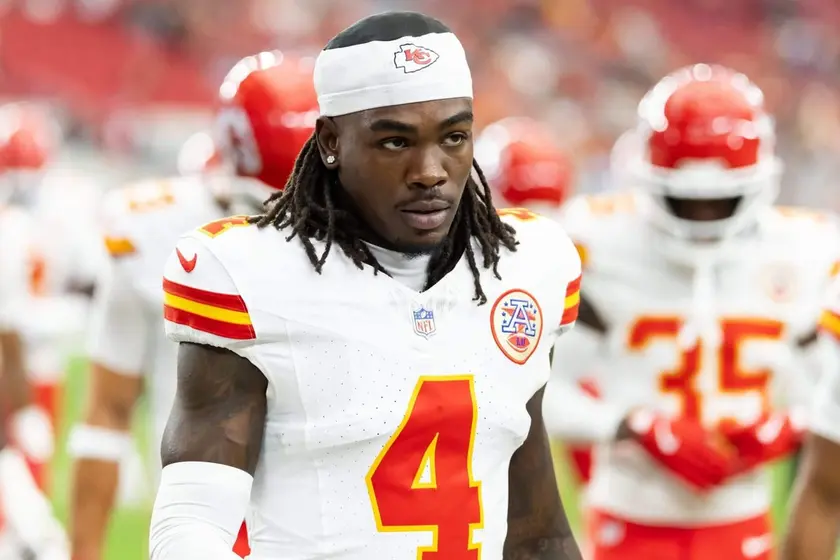
Rice set to play first four games during nfl hearing
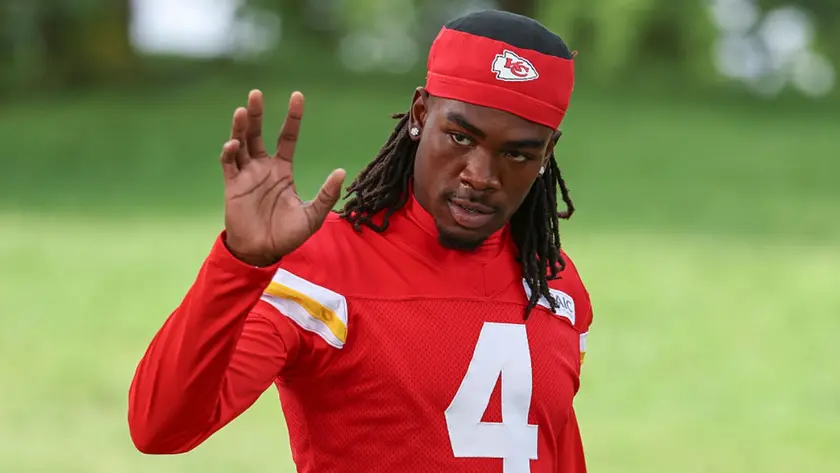
Rashee Rice suspension could keep him active early
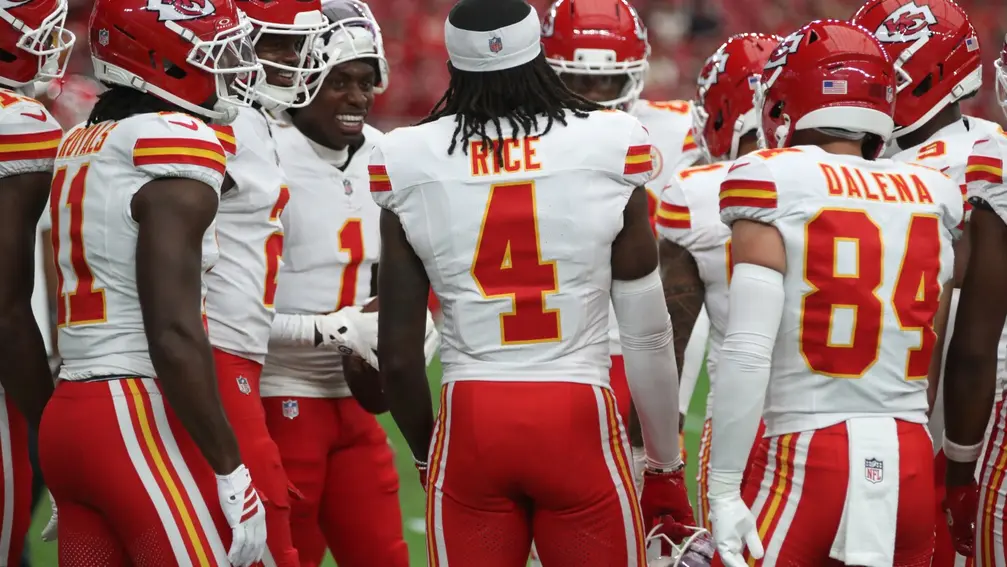
Rashee Rice cleared to travel with Chiefs for Brazil trip
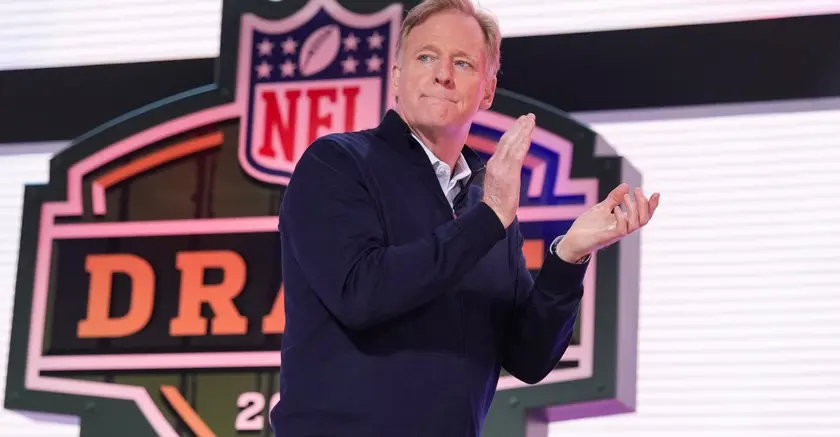
NFL discipline draws scrutiny
